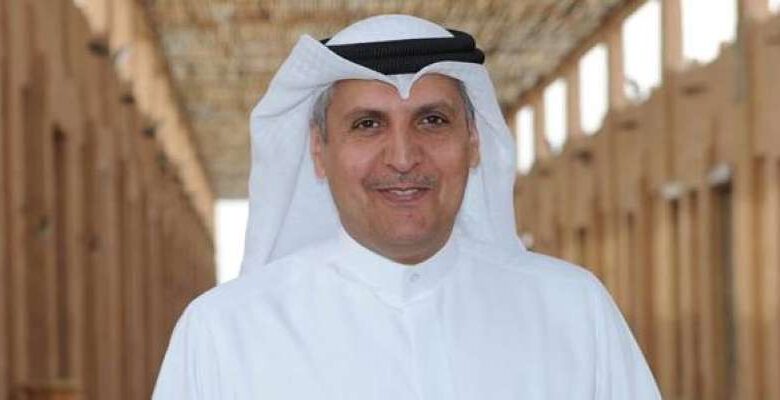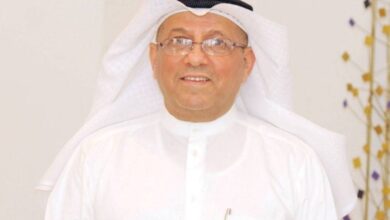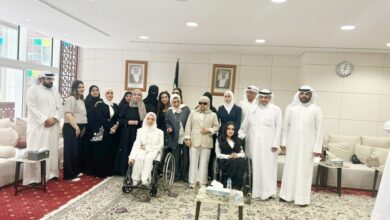Al-Shalahi praises the role played by the state to encourage young Kuwaiti falcon breeders

The head of the Falconer’s Association, Saif Al-Shalahi, appreciated the supportive role and generous care of the state in encouraging young Kuwaiti falcon breeders and hobbyists to practice their traditional hobbies, and working to create an attractive environment to preserve this hobby derived from popular heritage, and consolidating the relationship between falcon breeders and hobbyists in the GCC countries.
This came on the occasion of the issuance of Ministerial Resolution No. 208 for the current year declaring the “Falconry and Traditional Folk Games Association” by the Minister of Social Affairs, Family and Childhood Affairs Sheikh Firas Al-Sabah, publishing its statute in the Official Gazette, and forming the association’s board of directors, reports Al-Rai daily.
Al-Shalahi stated that the association aims to create a platform to bring together falcon breeders and hobbyists to express opinions and suggestions to serve them and facilitate communication between them, and to organize participation in national and international events related to this hobby after obtaining the necessary approvals from the competent authorities, and to introduce young people interested in the hobby and raising falcons to the dangers of diseases that affect them and methods of prevention including the latest available treatments, in coordination with the preventive and veterinary authorities in the country.
He added that one of the association’s goals is to invest positively in young people’s free time by introducing them to popular falcon games, raising awareness of ways to preserve wildlife, preserving rare species and creating a suitable environment for them, and submitting proposals to exploit appropriate places in falcon species reserves in the State of Kuwait.
Al-Shalahi pointed out that one of the desired goals is to contribute to providing statistics on the types of falcons and their numbers present in the country to be presented to the relevant authorities, and to conduct educational and introductory activities regarding their types, methods of raising and propagating them, and protecting them from extinction, in coordination with the relevant authorities in the country.













